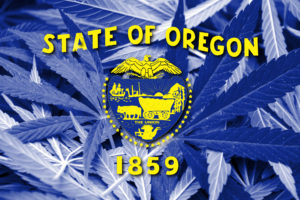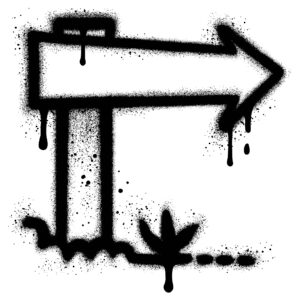OLCC rules are complex and change frequently, so compliance can be challenging and violations occur frequently. Over the years, we’ve represented clients in administrative proceedings across the west coast, and each system has its own quirks. Here are a few things to keep in mind if you find yourself in the process.
Focus on compliance on the front end!
Now more than ever, it’s time to ensure compliance with the rules. The OLCC has made clear they expect licensees to understand and abide by the rules. Settlements were easier to come by in the earlier years. OLCC is no longer willing to let licensees to keep their licenses in some instances when there are multiple rule violations, or even one egregious rule violation.
We strongly encourage all license holders to set up a comprehensive compliance plan instead of having a vague sense of the rules and hoping for the best. If you want to preserve your license, get familiar with the rules. One of the best investments and assets you can have for your business is a compliance person whose job it is to know the rules and make sure that your company is compliant at all times. That person’s job will be to keep up to date on OLCC rules (which are still changing), and to ensure that every aspect of the license is in compliance with those rules.
Or, split up the job among several people. For example, if you have someone running your Instagram account, make it part of their job to ensure that every post complies with the rules. Whatever arrangement you create, make sure you have someone or a team of people that know the rules inside and out, and will speak up when your practices might be non-compliant.
Your employees need to be familiar with the rules too. Although it takes time and effort, you should absolutely develop internal policies addressing reporting employee violations of OLCC rules. The fact that your employee has a marijuana worker permit is not enough to save you if they mess up – your business can be on the hook for any violation they may commit.
When you have questions about whether a process is correct, reach out to us! If you have a person dedicated to ensuring compliance and an attorney to help with interpretation when necessary, you’re setting yourself up for minimal risk.
Be proactive during the investigation
Generally, clients become aware of a violation by three methods – self reporting, notification by an inspector via call or email, or notification during a routine inspection. After that, the inspector will prepare a charging document, and they will NOT communicate with you about what’s going into that report. You might be in the dark for 2-4 months. While a lot of people sit on their hands during this time, there are steps that can be taken to set up for future settlement negotiations or the hearing.
First, you can write a letter summarizing the relevant events, which the OLCC will kind of view as self-reporting (we can help with this). If you’re proactive in this way, the investigator will usually attach your summary to their report, which can give provide really helpful context.
For another, you can line things up – save backups of security cameras if you think a hearing could potentially be 6 months down the line, or start making sure your business documentation is in order. These are all things that will make your life a lot easier once you actually receive the charging document.
Once you receive the OLCC charging document, it’s important to remember the process has really just begun. We always recommend filing an answer every time. The written answer should be very specific in admitting or denying certain facts, and it should absolutely include mitigating circumstances such as your acceptance of the violation, instances of cooperation with the OLCC, any self-reporting you’ve might’ve done. You should treat this as a court filing and make this as comprehensive and persuasive as possible, and make sure that it’s submitted by the deadline.
Submit a public records request to get all of that back-up documentation and investigation material that was used to prepare the charging document. A small cost may be associated, but generally it’s really helpful to have all of that information. Our office has a great working relationship with the OLCC, and that has helped us get records on an expedited basis in the past.
Once you file your answer and request for hearing, you get assigned to a case presenter (AP&P person) who you can begin to negotiate with. You can start the process by initiating an informal call or email, or have your attorney do it for you. Settlements take many forms, and having an attorney that has worked with the OLCC can be immensely helpful.
We hope this was a helpful reminder to all our licensees out there. For recent articles about changing OLCC rules, check out:
- Oregon Cannabis: New Rules, Part 1
- Oregon Hemp: New Rules (Part 2)
- Oregon Hemp: New Rules (Part 3)
- Oregon Cannabis: New Rules, Part 4 – Repeat Violators Beware!
For a summary of new laws passed in the last month that will lead to still more new rules for Oregon cannabis operators, go here.























